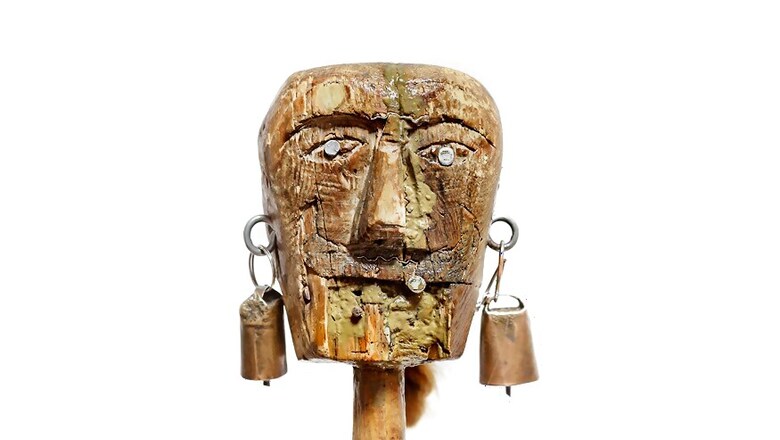
views
For two days in a tiny Spanish village, the devil ceases to be enemy No. 1 for a few devout Catholics.
Since medieval times, the 400 residents of Almonacid del Marquesado have celebrated the "Endiablada" (Brotherhood of the Devils) festival each February.
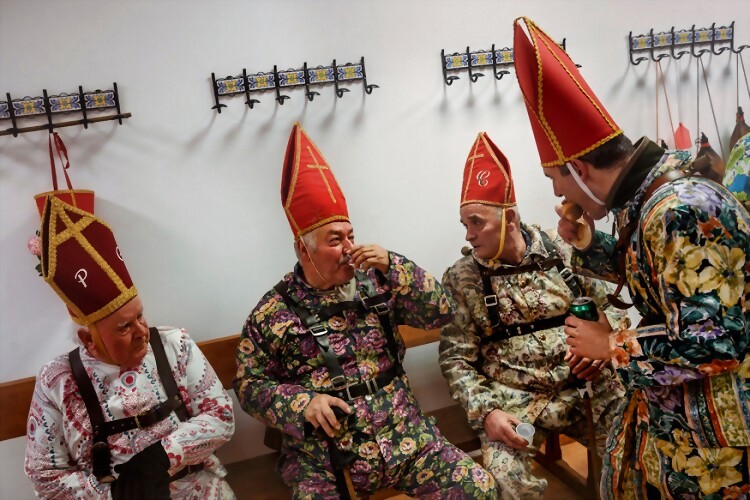
Members of the town's all-male religious brotherhood dress up in what they consider devil-type characters, donning colorful jumpsuits and red miter hats. Almost every male in the village, from boys up to the elderly, then take part in processions through the twisting village streets.
They each carry heavy copper cowbells around their waist, which they clang incessantly, and some run and jump to make as much noise as possible. Each man in the brotherhood also has his own wooden staff that they have inherited or carved, some of which include images of a devil.
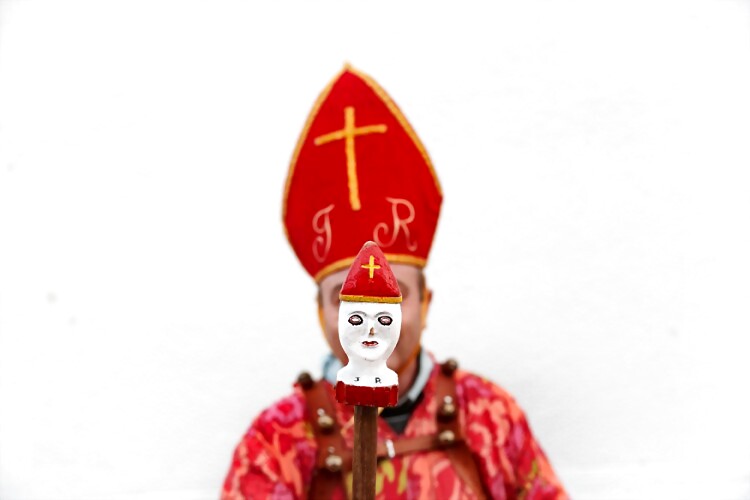
The procession,"Candelaria" represents the Virgin Mary presenting the baby Jesus to authorities in the temple 40 days after Christmas. The protocol is believed to have caused her some embarrassment, and the bell-clanging is thought to be a way of diverting the public's attention. On this day, the brotherhood also visits the local cemetery to pay respects to its members who have passed away that year.
Starting in the morning, the brotherhood parades to the town's church, where the clamor of the bells is amplified to a deafening din inside its old stone walls.
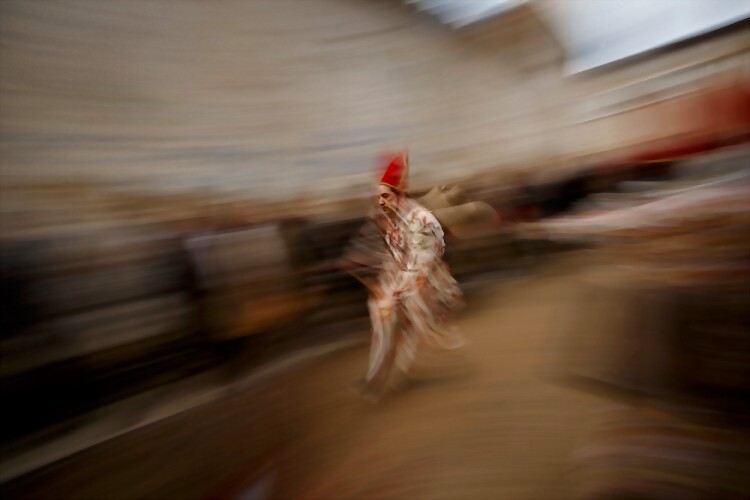
Aniceto Rodrigo, 80, presides over the celebrations. He's the Diablo Mayor, or "great devil," because he's the person who has the longest streak of participating in the celebrations without missing a single year.
Although the processions are similar, the two holidays have different origins.
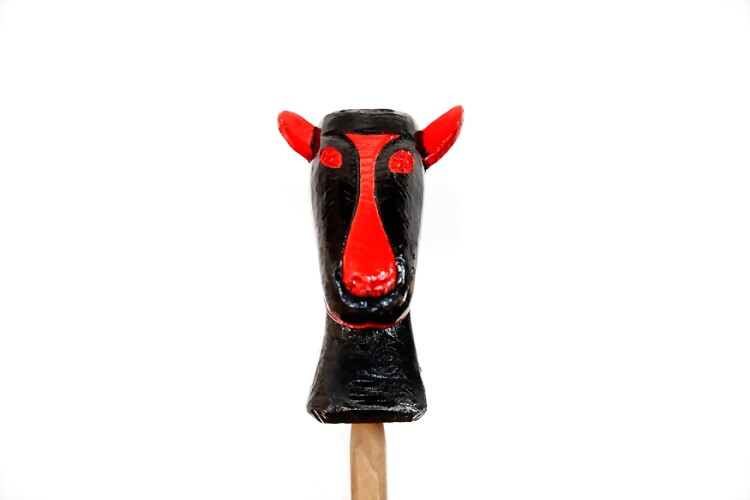
The next day procession commemorates the day of Saint Blas. According to a local legend, town shepherds found a statue of the saint and then won a competition with a nearby town to keep the effigy, ringing the bells of their animals in celebration. This bit of lore is said to have inspired the walking sticks the men carry, harking back to shepherds' crooks.
While some of the village's women join the spectators who have come from other towns to enjoy the parades, others are busy cooking traditional "rosquillas" treats.










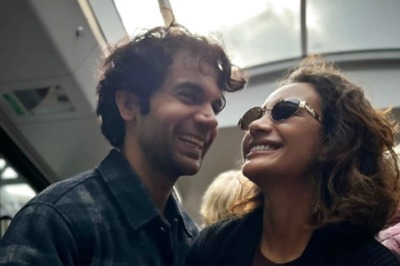


Comments
0 comment